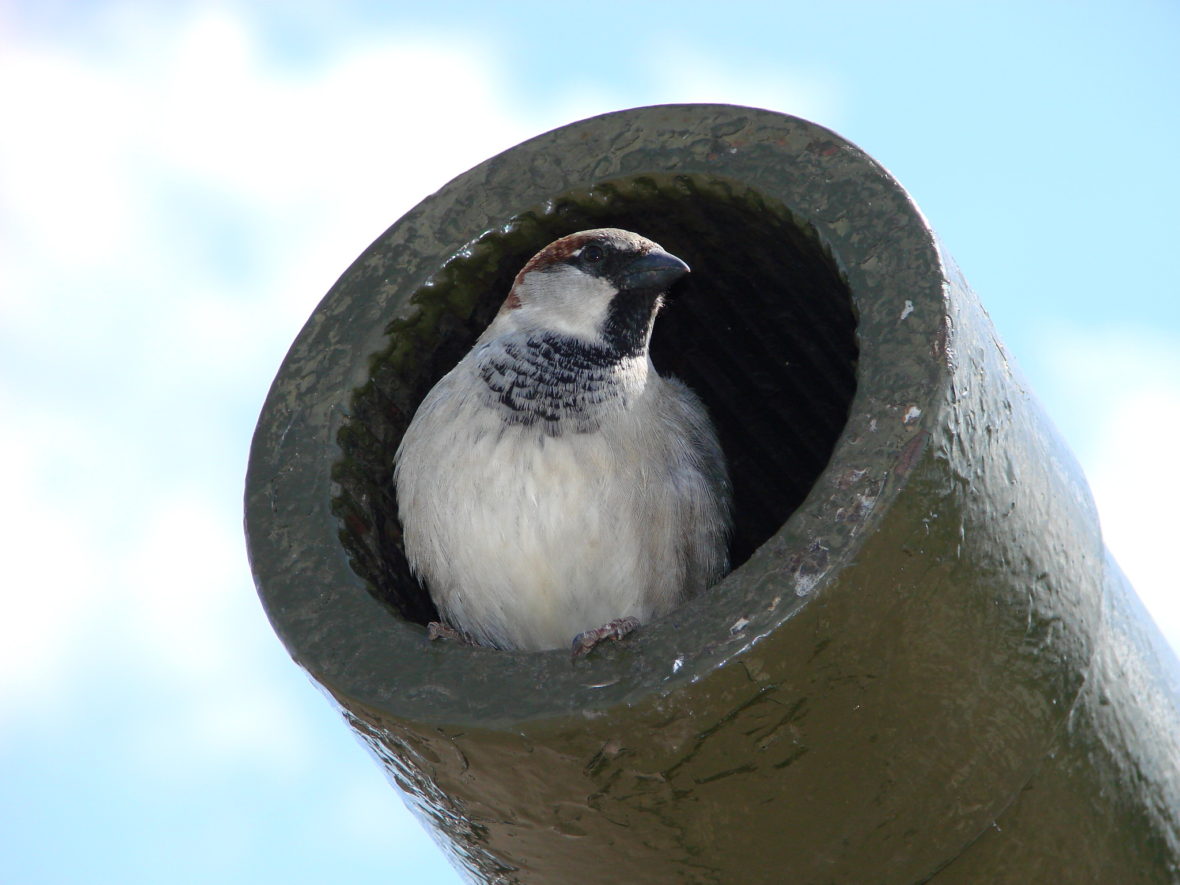If the title of Sam Cha’s new book echoes Donald Trump’s inaugural address, it reveals the murderous heart of a nation in the way actual photos of the event show the emptiness of Trump’s imagined spectacle. American Carnage uses a dramatic, multi-genre, intertextual structure to investigate histories that shape what it means to be American in the first decades of the 21st century. For Cha, “-American” comes with a hyphen; one of his book’s themes involves the distance between those who own them and those who don’t. He considers what white space is like for Korean-Americans like Virginia Tech shooter Seung-Hui Cho, L.A. store owner Du Soon-ja—“the only Korean with a gun” before Cho who “had a name people knew”—and others like his father and himself. In the process, Cha offers a brilliant critique of The Adventures of Huckleberry Finn, a play featuring Eric Harris and Dylan Klebold, and a series of poems incised with passion and irony.
American Carnage opens with “Shooter’s Masque,” in which the Columbine killers are “followed, at a distance,” onstage by Cho. In footnotes that add a simultaneous fourth dimension to the page, and that he’ll deploy throughout, Cha argues that these figures are “not only quintessentially American, but also define what it means to be American.” He also reveals that he shares his legal first name–the one one “documents and credit cards”–with the Virginia Tech shooter, which “in April of 2007, made me feel like I’d suddenly been christened Charles Mansen or John Wayne Casey”—the misplaced accented syllable or consonant consistent with the mispronunciation of “Seung.” The opening section introduces the style and substance of Cha’s fusion of personal with social themes, including an ars poetica slipped in via the footnote “AN EXPLANATION OF NOSEBLEEDS.”
It’s a pleasure to follow Cha’s intelligence through his readings of American cultural touchstones from the Bible to Cotton Mather to Tom and Huck. His collage of quotes from A Briefe and True Report of the New Found Land of Virginia, Mark Twain, Presidents Obama and Trump, Malcolm Gladwell, Wayne La Pierre, and a Tennessee county sheriff–voices from 1588 to the present—documents our long genealogy of lives like loaded guns. In a personal essay, Cha describes a friend opening a pistol’s “matte black aluminum case.” “Needs a rubdown, said Mat. Needs oiling, said Mat. Needs some love, said Mat.” The erotics are irresistible. “Here, said Mat. You wanna hold it?” The essay’s called “How We Came to America (1),” and, of course, Cha does.
Among my favorite sections is the poem that gives Cha’s book its title. “American Carnage” begins with swarms of passenger pigeons, “of which the fowlers shot with abundance.” Later, Cha observes,
The settlers decided that this had been a portent
of King Philip’s War which they called
“the massacres” “committed by the Indians.”
Cha’s discursiveness allows him to leap, both stylistically and chronologically. He links Cotton Mather to the extirpation of Native Americans and the extinction of the passenger pigeon in 1914, first through quotation, then by a pattern of repetition:
The warmth of pigeon breath.
The warmth of pigeon exhalations shaking the ground.
The ground itself seeming to breathe, like a pigeon.
The pigeons sleeping on the trees.
and
By the time they’ve breathed
on one man the world’s already
over by the time they take
us by the time they throw
the first woman down
by the sea by the time their foot treads
ground we are ground
to dust by the time they come
by the time by the dust….
The poem traces the politics of extinction to the fall of Jericho, where “all that lived…/man and woman, young and old,/ox, sheep and donkey//were struck by the edge of the sword.” Murder is a hallowed part of Western culture, Cha contends, and the poem’s accumulations indict an official history that, predictably, whitewashes its most essential acts.
With its intellectual and emotional authority, the cumulative effect of American Carnage jolts and stuns. At a time when all our branches of government seem bent on labeling a majority of Americans as “others”—immigrants, people of color, women, supporters of gun control, abortion rights, and government health care—Sam Cha’s book is required reading. A stack of books on topics Cha touches on can’t match the muscle of these 44 pages. Hats off Portable Press@Yo-Yo Labs in Brooklyn for making this argument for art as the keenest way to understand our current crisis.
